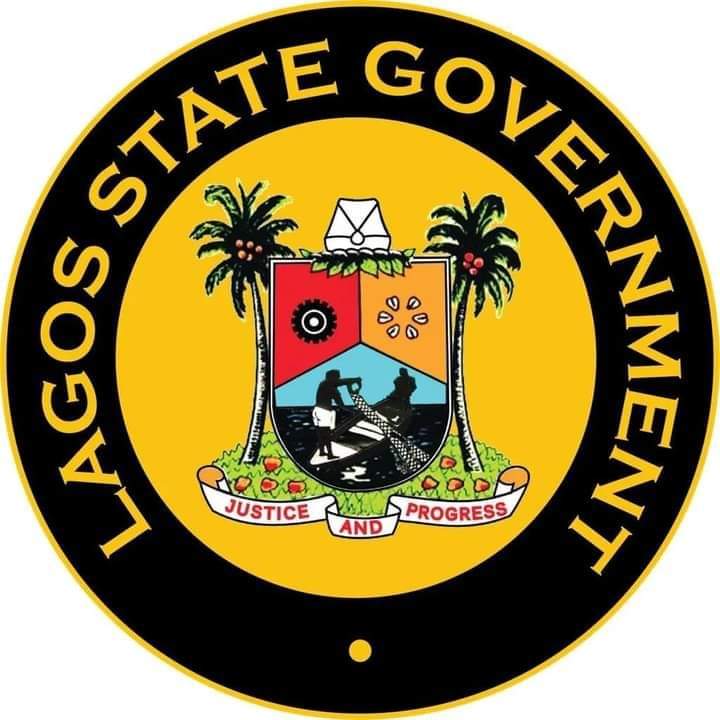The Lagos State Government has issued a directive mandating all unregistered and unapproved private schools operating within the state to immediately register with the Office of Education Quality Assurance (OEQA). This imperative stems from the government’s commitment to ensuring that all educational institutions below the tertiary level adhere to established quality standards and provide a conducive learning environment for students. The registration process, which serves as a crucial mechanism for monitoring and intervention, aims to streamline the operations of private schools and align them with the state’s overarching educational objectives.
The directive, announced by the Commissioner for Basic and Secondary Education, Mr. Jamiu Alli-Balogun, underscores the importance of standardized education across the state. The Coordinating Director of OEQA, Mrs. Remi Abdul, further emphasized the mandatory nature of the registration, highlighting that non-compliance could lead to sanctions. This proactive stance by the government underscores its dedication to upholding educational standards and ensuring that all private schools operate within a regulated framework. The registration requirement is not merely a bureaucratic procedure; it represents a vital step towards creating a more robust and accountable educational landscape in Lagos State.
The rapid proliferation of private schools in Lagos State has necessitated this focused approach to registration and documentation. The OEQA recognizes that effective oversight requires a comprehensive database of all operating schools, enabling the government to monitor their activities, provide necessary support, and intervene when required. Unregistered schools operate outside this regulatory framework, creating a potential gap in quality assurance and accountability. The registration mandate aims to close this gap, bringing all private schools under the purview of the OEQA and ensuring that they contribute to the overall improvement of the education sector.
The registration process offers numerous benefits to private schools, including formal recognition by the state government. This recognition grants legitimacy and credibility to their operations, enhancing their standing within the educational community. Furthermore, registered schools gain access to technical and financial support from the government, empowering them to improve their infrastructure, teaching resources, and overall educational offerings. This support can significantly enhance the quality of education provided by private schools, benefiting both students and educators.
Registered schools also gain access to vital information regarding emerging policies and initiatives from both the state and federal ministries of education. This keeps them abreast of the latest developments in the education sector, enabling them to adapt their programs and practices accordingly. This proactive approach to information dissemination fosters a more dynamic and responsive educational environment, ensuring that private schools remain aligned with the evolving educational landscape. The benefits of registration, therefore, extend beyond mere compliance; they create a mutually beneficial relationship between the government and private schools, fostering collaboration and shared responsibility for improving education.
The Lagos State Government’s commitment to providing quality education for all learners underscores the importance of this registration drive. By ensuring that all private schools are registered and operate within a regulatory framework, the government aims to create a level playing field for all students, regardless of their choice of school. This equitable approach to education promotes inclusivity and ensures that all children have access to quality learning opportunities. The registration of private schools is not just a regulatory measure; it is a crucial step towards achieving the broader goal of providing a high-quality and accessible education system for all children in Lagos State. The government’s proactive stance on this issue demonstrates its dedication to improving the educational landscape and ensuring that all students have the opportunity to reach their full potential.














